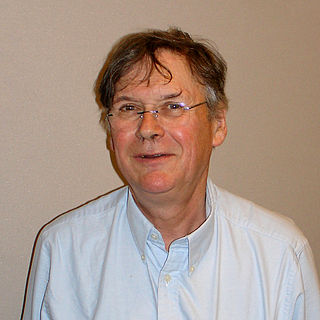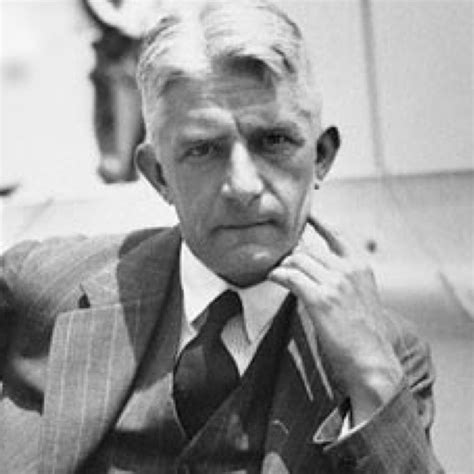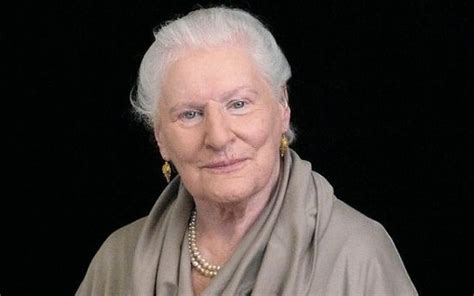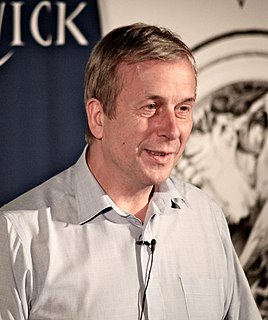A Quote by Tim Hunt
Most great advances have been a collaboration. That is the joy of science for me.
Related Quotes
The life and soul of science is its practical application, and just as the great advances in mathematics have been made through the desire of discovering the solution of problems which were of a highly practical kind in mathematical science, so in physical science many of the greatest advances that have been made from the beginning of the world to the present time have been made in the earnest desire to turn the knowledge of the properties of matter to some purpose useful to mankind.
When I contemplate the immense advances in science and discoveries in the arts which have been made within the period of my life, I look forward with confidence to equal advances by the present generation, and have no doubt they will consequently be as much wiser than we have been as we than our fathers were, and they than the burners of witches.
The extension of power offered by a pony, the ease and speed of movement, the tapping of unsuspected courage, the satisfaction of collaboration with another creature and of controlling it in order to improve the collaboration, the joy of fussing over it - of loving it - these, from the age of about eight to sixteen were the most completely realised delights of my life.
In the field of Artificial Intelligence there is no more iconic and controversial milestone than the Turing Test, when a computer convinces a sufficient number of interrogators into believing that it is not a machine but rather is a human. It is fitting that such an important landmark has been reached at the Royal Society in London, the home of British Science and the scene of many great advances in human understanding over the centuries. This milestone will go down in history as one of the most exciting.
I think that physics is the most important-indeed the only-means we have of finding out the origins and fundamentals of our universe, and this is what interests me most about it. I believe that as science advances religion necessarily recedes, and this is a process I wish to encourage, because I consider that, on the whole, the influence of religion is malign.
"The further art advances the closer it approaches science," said Leonardo da Vinci, painter, sculptor, architect, engineer, and inventor of the wheelbarrow, and other useful instruments from the speaking tube to a mechanically gyp-proof whore-house, "the further science advances the closer it approaches art."
Most songwriters who have been lucky enough to have their song on the radio or be heard widely don't know anything about science. The best songs have a strong dose of metaphor. Most songs about science don't have that. Like 'She Blinded Me With Science.' It's a stupid song, no offense to Thomas Dolby.
Science is a human activity, and the best way to understand it is to understand the individual human beings who practise it. Science is an art form and not a philosophical method. The great advances in science usually result from new tools rather than from new doctrines. ... Every time we introduce a new tool, it always leads to new and unexpected discoveries, because Nature's imagination is richer than ours.





































